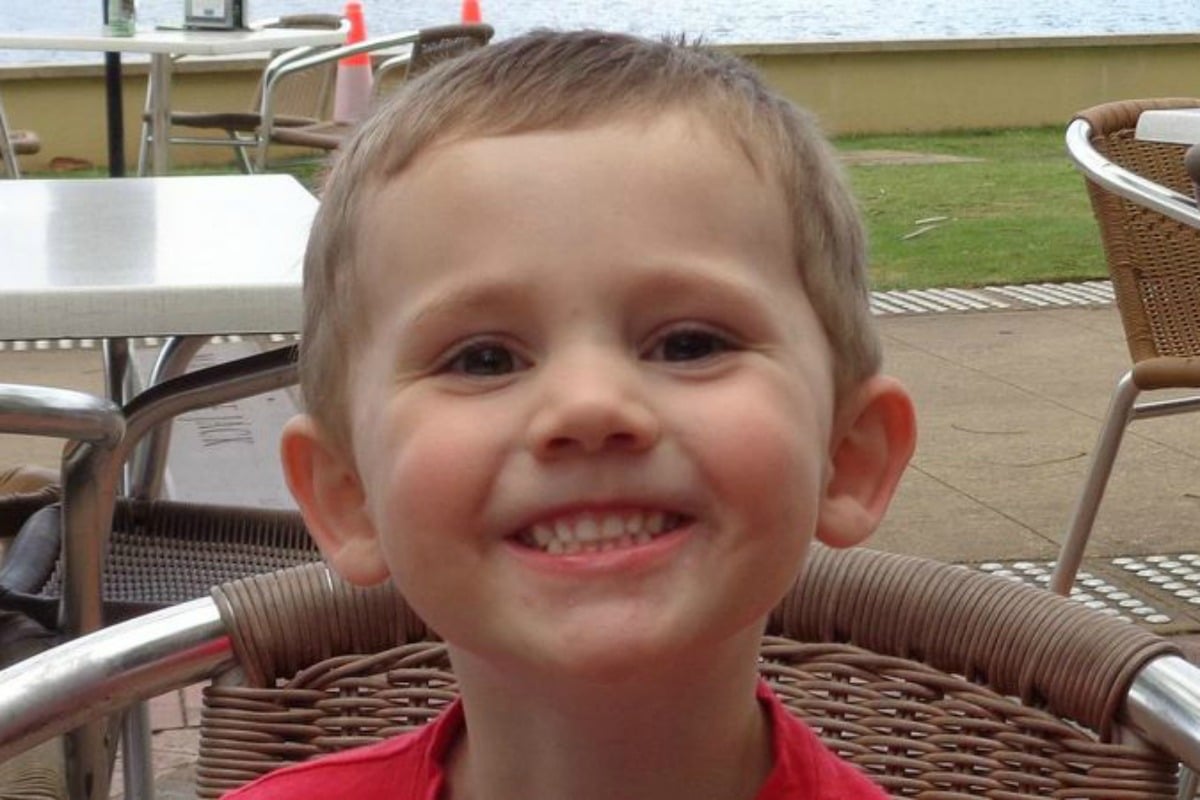
The biological family of William Tyrell huddled together as they passed an array of media cameras outside the NSW Coroner’s Court before the first hearings into one of the most infamous missing persons cases in Australian history.
The first court tasked with determining what happened to the boy in the Spiderman suit warned it did not have the evidence to provide any kind of easy answer.
Instead, it seems destined to conclude William was likely abducted from the tiny mid-north coast town of Kendall in September 2014.
But first Deputy State Coroner Harriet Grahame had to see sufficient evidence the three-year-old did not succumb to the rugged bushland around his grandmother’s home on Benaroon Drive.
In order to do that, counsel assisting the coroner, Gerard Craddock SC, first asked William’s foster carers to spend two days recounting haunting memories of the initial disappearance and search.
“My immediate thought was someone has taken him,” his foster mother tearfully told the court.
“I stood there and just thought why can’t I hear him, why can’t I see him? It hasn’t been that long. Somebody has taken him and he’s gone.”
The case has taken a macabre hold on the nation partly because of the heinous nature of the suspected crime and partly because no one has ever been caught.

Top Comments
You're kids aren't taken away just because you are a 'battler'